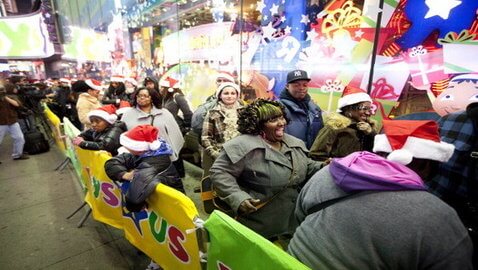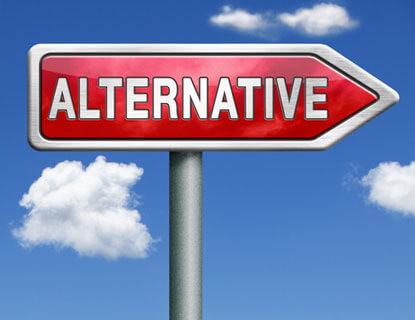After the turkeys were polished off plates, and the pumpkin pies licked, holiday shoppers got off to a fresh start by standing in lines on Thursday nights to get the deals to boost retailers’ bottom lines.
Early holiday shopping no longer means getting up early the Friday after Thanksgiving Day, but standing in line on the midnight of Thanksgiving Day with coupons and carts ready to get loaded.
Toys R Us, for example, announced a lot of holiday hiring to gear up for the increased business.
By Friday morning, some shoppers had already spent all their money. One New Yorker said to Reuters about J.C. Penney not opening until Friday morning: “They should open earlier. I’ve been everywhere else and I’ve already shopped.”
In retail, the Friday after Thanksgiving Day is known as Black Friday, the Saturday is known as Small Business Day, and the Monday is known as Cyber Monday. For small businesses, the shoppers may help to keep them out of bankruptcy. There are a lot of costs in owning a small business – permits, licenses, payroll taxes for workers. Some small businesses wait all year for the holidays to get them out of debt.
The National Retail Federation contemplates sales during the holiday season to increase 4.1 percent this 2012, below last year’s 5.6 percent increase. According to Reuters: “Retailers want them to buy now, they want to get that share of wallet early,” reported Michael Appel, a director at consulting firm AlixPartners.
Stores are promoting to get traffic in a market with many players. The National Retail Federation announced 147 million people would shop Friday through Sunday after Thanksgiving Day. U.S. retailers can earn more than one-third of their annual sales and 40 percent to 50 percent of their profits during the holiday season.
During the holiday season, many retailers have invested in a lot of inventory, and are cash strapped. According to a Reuters/Ipsos poll, two-thirds of shoppers decided to spend the same amount of money as 2011 or were not sure about their spending. Around 21 percent planned to spend less, and 11 percent decided to spend more. The shopping centers are very crowded now.
At the front of the line outside the Best Buy store in the Mall of America in Bloomington, Minnesota, a woman told Reuters: “I definitely don’t think (the economy) has bounced back anywhere near as much as it needs to, but I see some improvement.”
Persons who are retired or close to it appeared to be more cautious about spending. A retired stockbroker, age 65, waited for his wife at a Macy’s in New York, and told Reuters: “…Look at the stock market. If they don’t do a deal on the debt by the end of December it’s bye bye stock portfolio. We’re being cautious.”















































